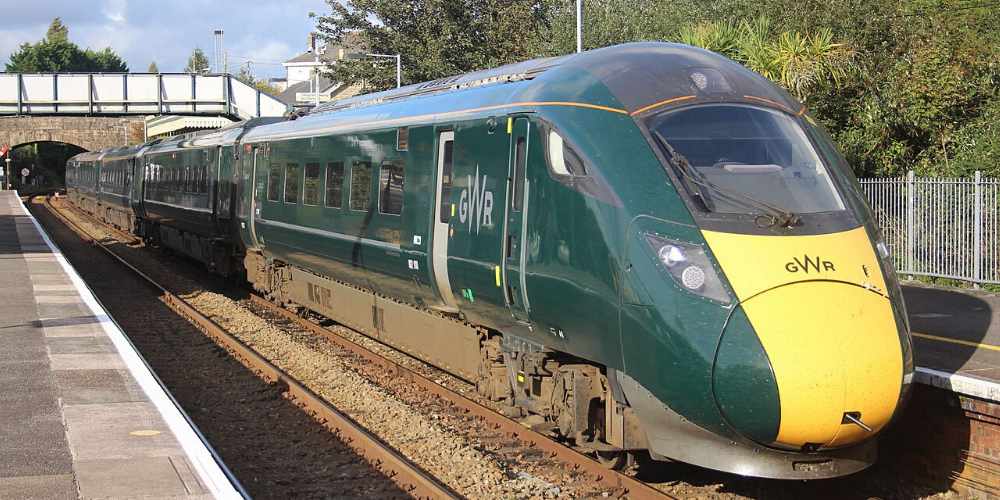
We have four years of paperwork to do first, say campaigners
Hopes remain that a rail link will return to Tavistock despite the government’s plan not to reopen mothballed lines and stations.
Chancellor of the exchequer Rachel Reeves has announced the cancellation of the previous government’s Restoring Your Railway (RYR) scheme, to save £85 million of a projected overspend by the Tories of £22 billion.
Transport secretary Louise Haigh is to review transport infrastructure schemes currently under way.
The £150 million planned for the Tavistock to Bere Alston rail line, had been promised following the cancellation of HS2 funds announced by former prime minister Rishi Sunak last October.
Campaigners said that funding for Tavistock was not coming from the RYR programme, even though it started as part of that scheme, meaning it is “far from dead in the water” .
The chairman of local campaign group Tavi-Rail, Richard Searight, said a relatively small amount of money could still available to update the business plan, a condition of the funding for the line.
“We have at least four years of paperwork to do, and at the end of the four years the financial situation might look completely different and there will be another general election. We are not expecting to miss a beat on this.”
“This is a critical bit of infrastructure that should never have been destroyed. It was a catastrophic lack of judgement. Even if it doesn’t happen by 2028, it will certainly happen at some point, we all just want to be around to see it.”
Devon County Council is waiting for the Department for Transport’s review of capital spending before recommendations are made.
GWR’s head of strategic service development Matt Barnes said he is “glass half full” about the project. “There is no other rail scheme in the country that has Devonport Dockyard on it and a huge amount of people work there,” he said.
Mr Barnes said bus services are slow along the A386 from Tavistock to Plymouth which was a “poor road” where cars hit a “traffic jam” as they approached the city.
“A rail line would improve access to the city for employees of the dockyard and open up a pool of talent from the Tavistock area,” he said.
Currently trains run on the Tamar Valley line from Gunnislake to Plymouth via the dockyard every two hours. A rail link from Tavistock, which would join the line at Bere Alston, would have more services into the dockyard and onto the city.
Mr Barnes said there was much potential for getting more passengers from the outskirts of Plymouth into the city, which are a fraction of the number of people travelling from the outskirts of Exeter into its centre.
And he said he could see an extended metro service to the east of Plymouth taking in Plympton and Ivybridge.
Torridge and Tavistock’s Conservative MP Sir Geoffrey Cox is “profoundly disappointed” by the Labour government’s decision to cancel funding for Restoring Your Railways.
Transport minister Lord Hendy has informed him Labour is effectively “pulling the plug on the railway” in Tavistock.
Sir Geoffrey said it was the product of years of hard work, of careful groundwork by Devon County and West Devon Borough councils, and the dedication of campaigners such as Tavi-Rail, all of which made a strong economic and social case for restoring the railway.
“This political choice by the government is a betrayal of West Devon’s communities. Throughout the 13 years under Labour up to 2010, we saw the neglect of the rural south west, which missed out on any substantial investment while other areas received massive government support. Now, we are beginning to see exactly the same pattern again.”
The Okehampton to Exeter ‘Dartmoor Line’ was the first mothballed rail link to be reopened under the Restoring Your Railways programme in 2021 and has exceeded expectations, with passenger journeys up by 80 per cent last year to 371,161.
The long-term aim is to restore the whole of the northern route from Plymouth via Tavistock and Okehampton to Exeter to provide an alternative to the coastal route through Dawlish which washed into the sea in 2014 leaving a large part of the south west cut off for two months.
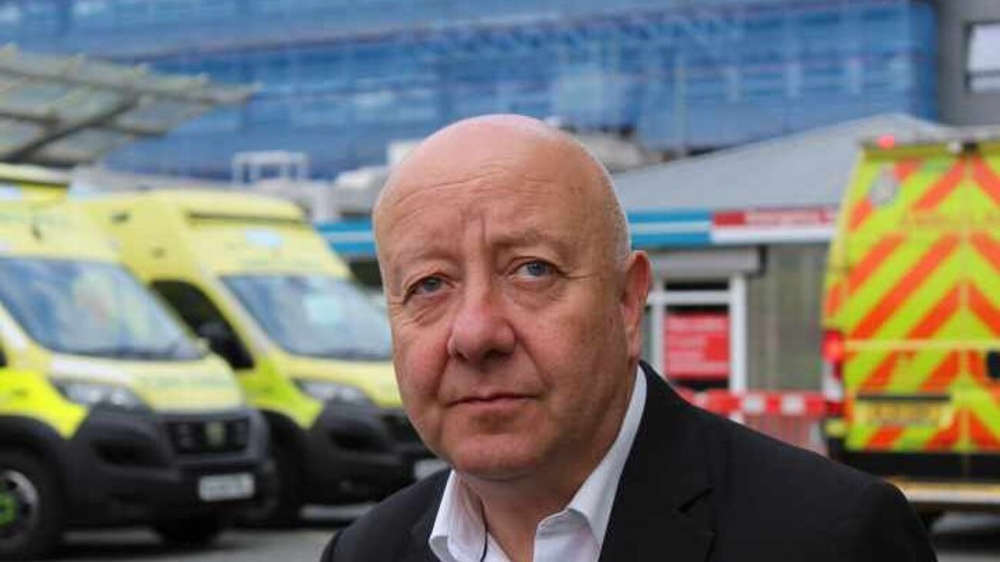 Torbay Hospital project ‘kicked into long grass’
Torbay Hospital project ‘kicked into long grass’
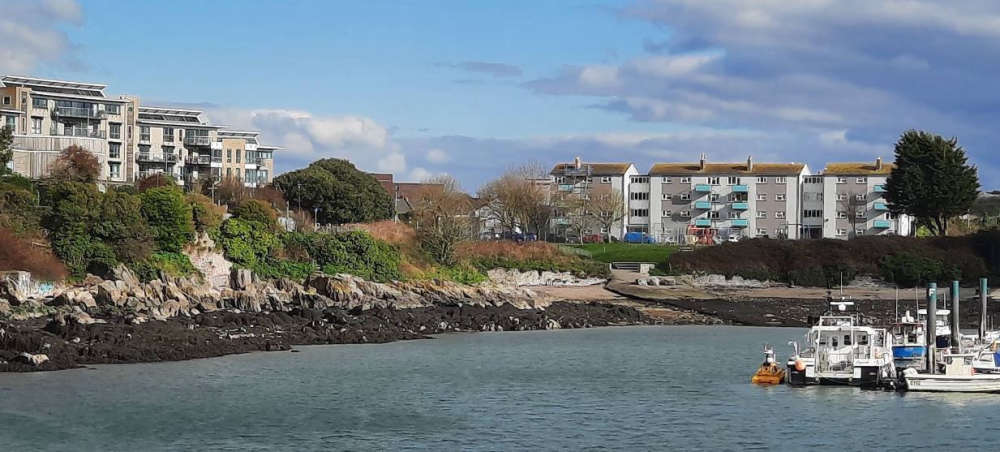 Home near Plymouth waterfront approved despite overlooking concerns
Home near Plymouth waterfront approved despite overlooking concerns
 Fight lost to save part of historic wall
Fight lost to save part of historic wall
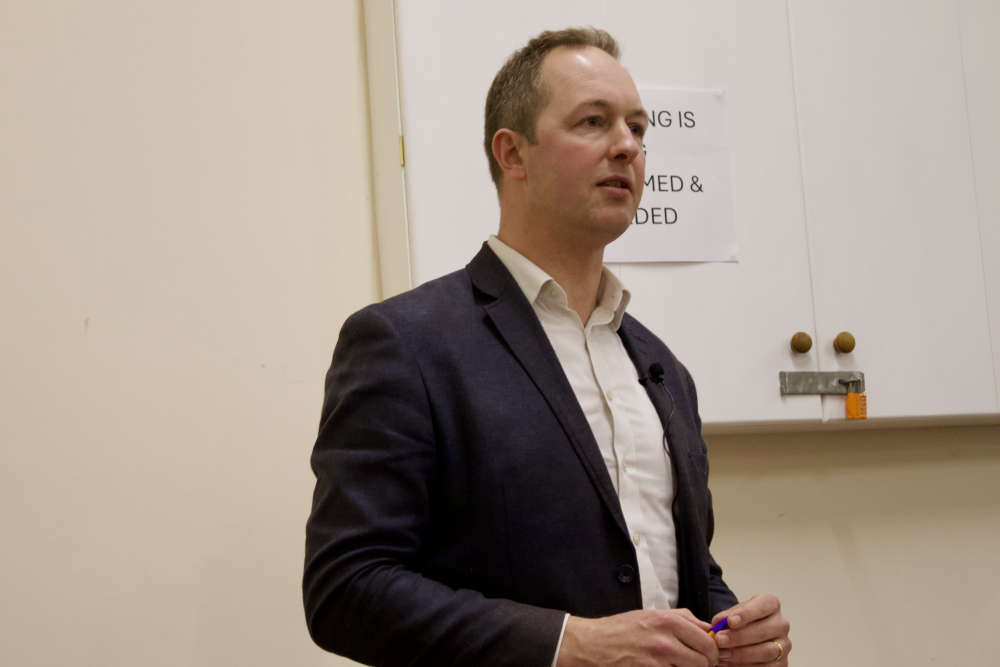 MP urges action on safer walking and cycling routes to schools
MP urges action on safer walking and cycling routes to schools
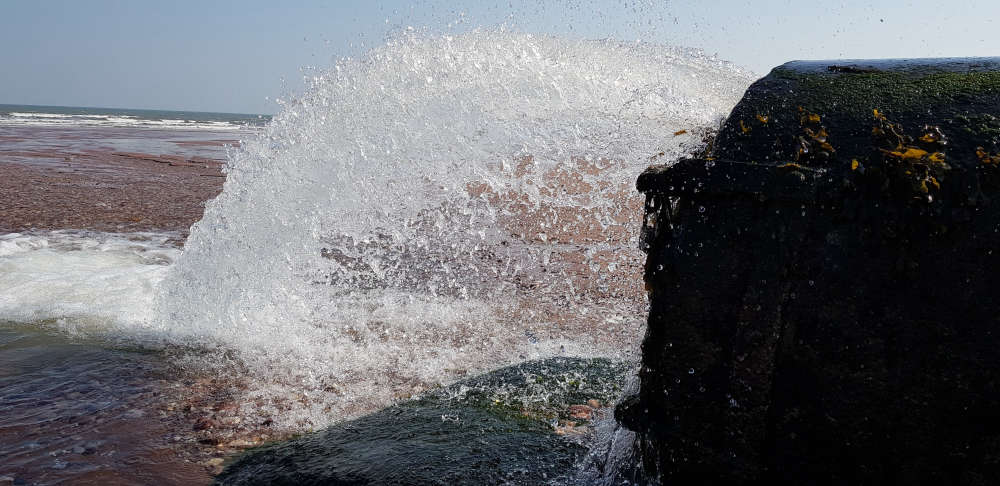 MPs blast ‘scandal’ of sewage spills
MPs blast ‘scandal’ of sewage spills
 Devoncast – Farage, Davey, and fighting fight fires
Devoncast – Farage, Davey, and fighting fight fires
